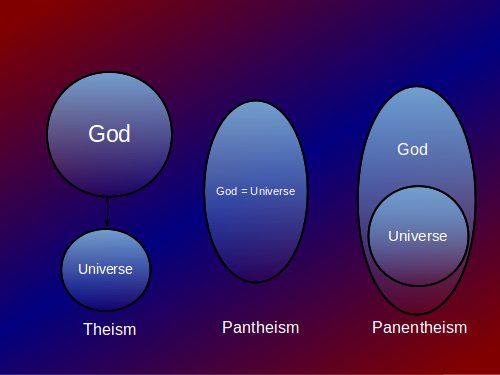- Jan 2, 2015
- 11,556
- 5,728
- Country
- United States
- Faith
- Presbyterian
- Marital Status
- Married
More evidence of a misunderstanding about the nature of Christian mysticism. But neither do I want to leave you with the impression that I am enamored with mysticism or with the people who have been called Christian mystics. I'm not. But OTOH, it's not the case that all of them were heretics, unorthodox, or religious rebels, let alone Gnostics.
My view of gnosticism is broad. I'm looking at the heart of what drove/drives it, and I see mysticism as a form of it. The essence is the same. Take for instance the dualistic nature of gnosticism. Flesh/physical bad. Spirit good. Mystics have a very similar idea. They seek to be "transported" to a nonphysical place in mind/spirit in which to advance and escape.
Chew on it. You're a sharp guy.
Last edited:
Upvote
0

